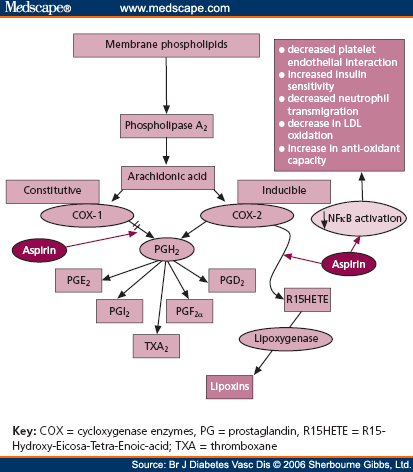TYK16
Which of the following statements is true concerning aspirin?
A. Aspirin interferes with the synthesis of arachidonic acid
B. Aspirin inhibits the P2Y12 purinergic receptor involved in platelet activation
C. Aspirin's effects last 12-24 hours
D. Aspirin's effects are reversible with administration of FFP
Answer
The answer is A. Aspirin's mechanism of action is the interference of synthesis of arachidonic acid. Inhibiting the P2Y12 purinergic receptor involved in platelet activation is the mechanism for clopidigrel (Plavix) and ticlopidine (Ticlid). Aspirin has effects that are IRREVERSIBLE and last longer than 24 hours. The effects of aspirin last for the life of the platelet (between 0-5 days depending on how old the platelet is already).
Notes
Keywords
